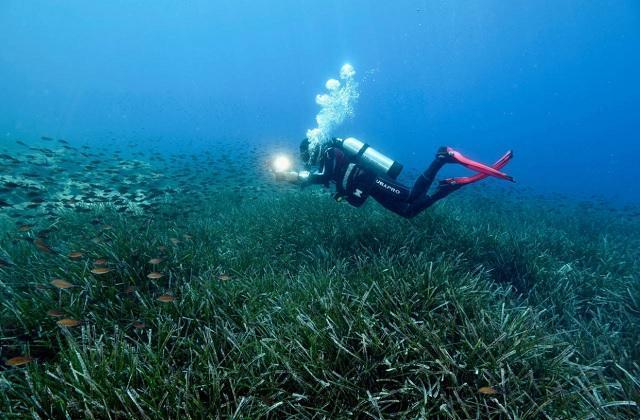Global warming changes biodiversity of Mediterranean Sea
ANTALYA

Local fish population has been declining in the Mediterranean Sea, while tropical species migrating from the Suez Canal and the Indian Ocean have been on the rise, according to a Turkish marine scientist.
The migration continues rapidly, and global warming is one of the reasons triggering the migration movements, said Mehmet Gökoğlu from Akdeniz University.
Noting that some 100 fish specifies that migrated from the Red Sea have been spotted in the İskenderun Bay, he pointed out that the Mediterranean Sea has started to become more and more tropical in terms of biodiversity.
“Migration is not only limited to fish. Entrance to the Mediterranean Sea is possible from any living group in the marine environment,” he added.
Pointing out that many jellyfish species in İskenderun Bay are not native, he explained that many crab, seaweed, oyster and mussel species are of Red Sea origin.
He stated that these changes in the Mediterranean have impacts on the environment, fisheries, tourism and human health.
Turkish seas also have been invaded by dangerous puffer fishes that attack people after they expel local species and shred fishing nets.
Turkey’s Agriculture and Forestry Ministry has started a project against the poisonous species, which started being seen in the country’s waters since the 2000s.
















